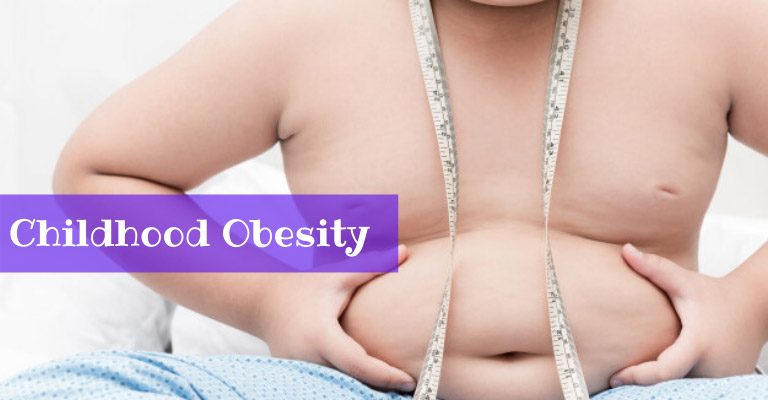Kavita, like almost every mother, expressed her love for Kavya, her 8 year old daughter in the form of food. Slowly, the junk food that started as occasional treats, became a part of her daily diet. Fast food is rich in energy because of the tremendous amount of fat and sugar content, however lack important nutrients like protein, fibre, vitamins and minerals. Kavya was already two to three times bigger than other girls of her age. One day when Kavya came back home crying after getting teased at school, Kavita knew she had to consult a doctor.
Childhood Obesity – An Overview
Children who are above the normal weight for their age and height are considered as obese. Childhood obesity is a serious medical condition as it can lead to numerous health problems like diabetes, high blood pressure and cholesterol, which were earlier considered adult diseases. Obese children often become obese adults, especially if one or both parents are obese. Preventing and treating obesity is absolutely necessary to protect your child’s health now and in the future. Childhood obesity not only affects health but can also lead to poor self-esteem and even depression.
How to figure out if your child is overweight
If your child is heavier than others, it does not necessarily mean he/she is overweight, the reason being that some children naturally have larger body frames than others and also carry different amounts of body fat at various stages of development. Doctors use growth charts, BMI and other tests to figure out if your child is overweight and if it can pose health problems. If you are worried that your child is gaining too much weight, consult a doctor to determine if your child’s weight is in an unhealthy range.
What causes childhood obesity
Many of these factors usually work in combination to cause obesity:
- Unhealthy eating habits – Regularly eating high calorie foods like fast foods, sugary drinks, baked goods, etc. can cause your child to gain excessive weight leading to obesity
- Lack of physical activity – Children who don’t exercise much do not burn as many calories as required. Too much time spent in sedentary activities leads to weight gain
- Family factors – Children coming from a family of overweight people tend to put on more weight than others, especially where physical activity is not encouraged
- Psychological factors – Some children tend to overeat to cope with problems, or to deal with emotions such as stress, or just to fight boredom. In most cases, their parents have similar tendencies.
How obesity affects your child’s heath
Obesity can affect your child’s physical, social and emotional well-being and lead to complications like:
- Type 2 diabetes
- Asthma
- Heart disease
- High blood sugar
- High blood pressure
- Cholesterol
- Excess abdominal fat
- Sleep disorders
- Liver damage
- Bone fractures
- Low self-esteem
- Behavioural problems
- Depression
Measures to control childhood obesity
- Limit your child’s sugar intake
- Adjust portion sizes according to age
- Ensure your child gets enough sleep
- Take your child for timely check-ups
- Encourage physical activity
With proper lifestyle changes, childhood obesity can be prevented. Your child’s Paediatrician can guide you on how to prevent and reverse obesity.



